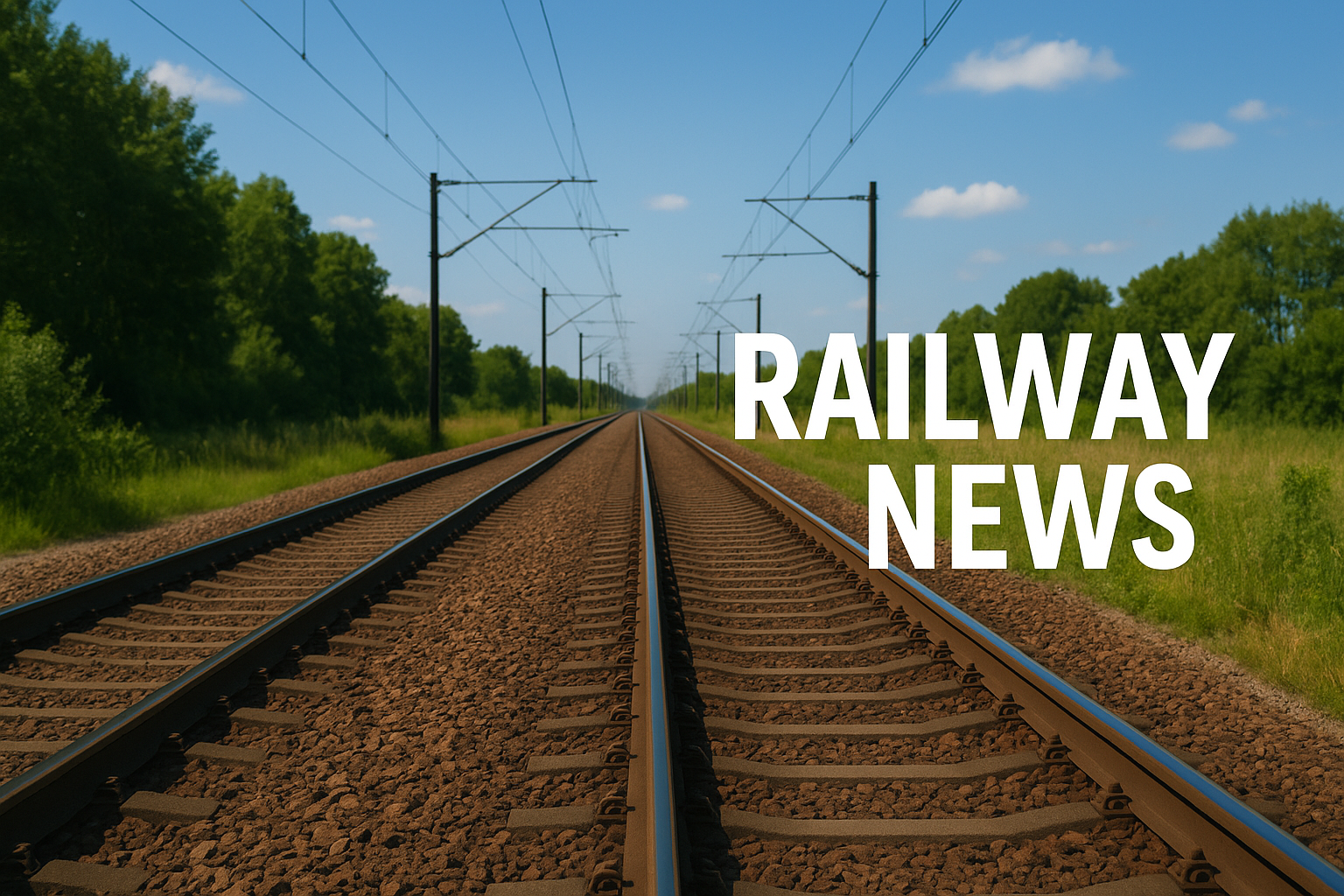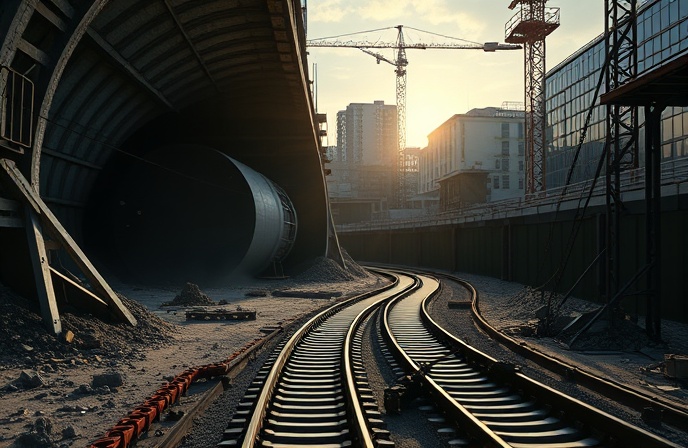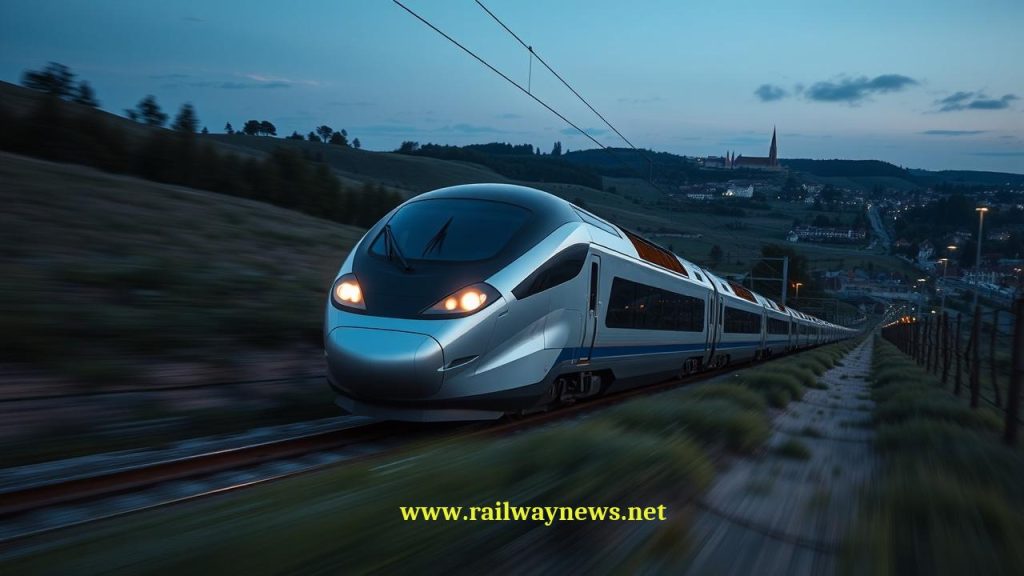Bangalore Metro Phase II: Funding, Development & Impact
Bangalore Metro Phase II: AIIB and EIB funding fueled a massive expansion, showcasing international collaboration in large-scale transit development. Learn the secrets of its success!

Funding and Development of Bangalore Metro Phase II
This article explores the financing and construction of Phase II of the Bangalore Metro, a significant expansion of the city’s rapid transit system. The project, characterized by its substantial scale and complexity, highlights the challenges and successes in securing international funding and executing large-scale infrastructure projects in a rapidly developing urban environment. The focus will be on the financial mechanisms employed, the key players involved, and the technical aspects of the expansion, examining the role of international financial institutions like the Asian Infrastructure Investment Bank (AIIB) and the European Investment Bank (EIB) in providing crucial funding. Furthermore, we will analyze the project’s impact on the city’s infrastructure and its broader economic and social implications. Understanding the complexities of this project offers valuable insights into the challenges and opportunities present in similar large-scale transit development initiatives worldwide.
Securing International Funding: AIIB and EIB Contributions
The Bangalore Metro Rail Corporation Limited (BMRCL) required substantial funding for Phase II. The project’s overall cost escalated from an initial estimate of Rs 264.05 billion to Rs 320 billion due to delays. To address this, BMRCL actively sought international funding. A significant contribution came from the Asian Infrastructure Investment Bank (AIIB), which committed a $335 million loan to fund the construction of the Gottigere-Nagawara stretch (Reach 6). This signifies the AIIB’s commitment to supporting infrastructure development in India. Concurrently, the European Investment Bank (EIB) provided a €500 million loan for the same section, highlighting the collaborative nature of international financing in large-scale infrastructure projects. The combined funding from these two institutions substantially contributed towards the project’s financial viability.
Project Scope and Technical Specifications: Extending Bangalore’s Reach
Phase II of the Bangalore Metro aimed to significantly expand the existing network. The project included extending existing corridors and adding two new lines, resulting in a 72.095 km expansion. This comprised 13.79 km of underground lines, 0.48 km at ground level, and 57.825 km of elevated lines. The expansion also added 61 new stations to the network, including 12 underground stations, catering to the growing population and transportation demands of Bangalore. This expansion signifies a considerable increase in capacity and coverage, improving accessibility across the city. The technical aspects involved complex engineering challenges, particularly concerning the underground sections and the integration of the new lines with the existing network.
Contractual Agreements and Technological Implementations: Alstom’s Role
The project involved awarding contracts to various international firms for specialized works. Notably, Alstom, a French company, secured a €71 million contract to provide power supply and traction electrification works for a 33 km extension. This encompassed engineering, installation, testing, and commissioning of a 750V DC third-rail traction electrification system. The successful implementation of this system is crucial for the smooth and efficient operation of the expanded metro network. This highlights the reliance on international expertise and technology in large-scale infrastructure projects. The selection of Alstom also underlines the importance of international collaboration in delivering sophisticated technologies.
Project Financing and Future Implications: A Case Study in Urban Development
The Bangalore Metro Phase II project serves as a case study in securing and managing funding for large-scale urban infrastructure projects. The successful collaboration between BMRCL, AIIB, and EIB demonstrates the effectiveness of international partnerships in providing financial resources for such endeavors. The project’s total cost of Rs 320 billion underscores the significant investment required to improve urban transportation. The strategic utilization of international loans, alongside securing domestic funding, illustrates a model for managing the complexities of large-scale public works. The successful completion of Phase II will undoubtedly enhance Bangalore’s public transportation system, improving commuting times, reducing traffic congestion, and contributing to the city’s overall economic and social development. The project also showcases the importance of accurate cost estimations and effective project management to mitigate delays and cost overruns in future similar ventures. The successful implementation of international best practices and technologies, facilitated by contracts with leading global firms like Alstom, ensures the operational efficiency and long-term sustainability of the expanded metro network.




